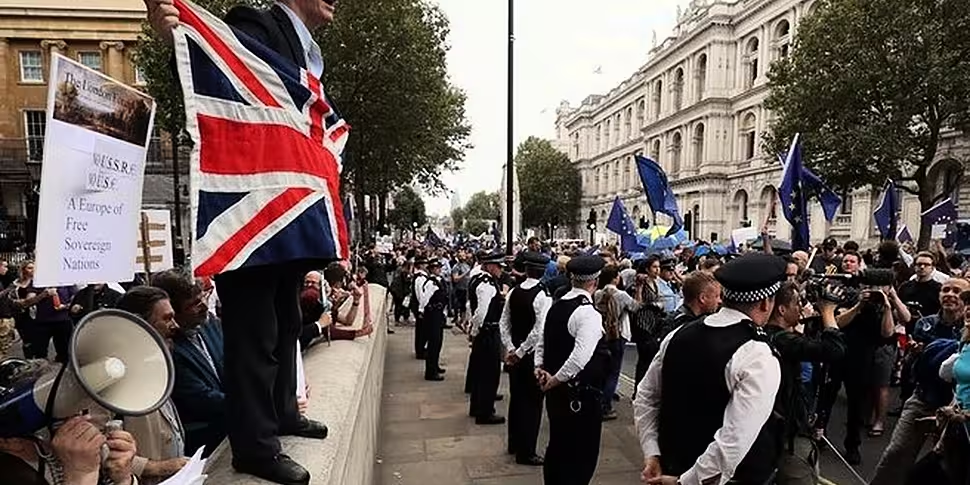The verdict is in - the British Supreme Court has ruled that it is the UK's Parliament, not Theresa May, who should have the power to formally begin the Brexit process.
While the Government in London will be disappointed - they have been quietly preparing for this outcome ever since the High Court ruled in November that the executive did have to get permission from the House of Commons and House of Lords to trigger Article 50.

While the majority of PMs privately support the UK remaining in the EU - they are likely to face a severe backlash if they defy the democratic wishes of the public.
We now face an interesting situation where 'Remain' politicians representing Leave regions have to decide which way to vote.
This graph from Morgan Stanley reflects the Brexit divide between MPs and suggests that a vote on the article could have enough support to overrule the referendum result if they are prepared to defy the public's wishes.
Should the vote happen - and the public's desires are overruled the 'Leave' campaign could take an unlikely case to the European Court of Justice - asking it to uphold the Leave vote.
Labour leader Jeremy Corbyn said that his party, "respects the result of the referendum and the will of the British people and will not frustrate the process for invoking article 50."
Alternatively - Brexit could be scuttled if the final result of its exit negotiations is a deal which is rejected by MPs - triggering a referendum or General Election which could derail the process.
Article 50 says that a state's process of leaving must be done "in accordance with its own constitutional requirements" - but in this case no such requirements exist...










